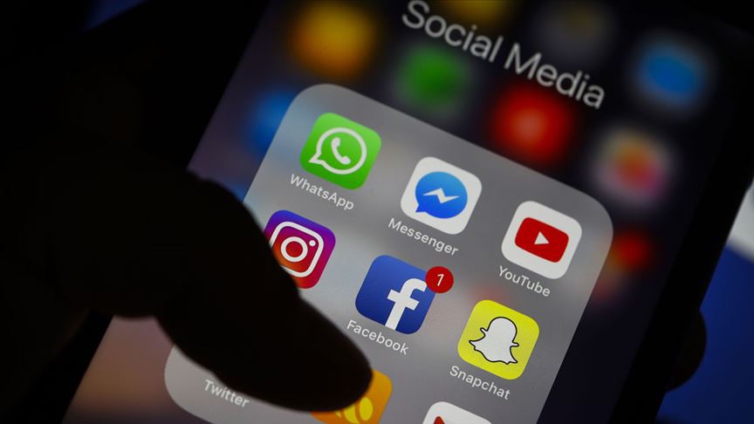Lawmakers across Africa are toughening sanctions against child abuse, especially on social media. This is according to a consultant with the World Future Council Foundation, Ramana Shareef.
The act which is gradually becoming commonplace in Ghana is said to put children at a higher risk of abuse while violating their fundamental human rights.
In a discussion about Finding Justice for Abused Children on The Law, Ramana Shareef revealed the Africa Charter on the Rights and Welfare of the child now criminalises sharing of content that may harm children.
The move, she says, will force parents to be measured in the kind of information they share about their children online as they stand to be fined or imprisoned.
“The African Charter has a General Communication Seven which was recently released. It talks about the online exploitation of African children. If you’re a parent and you think you can just go online and start posting anything about your child be careful because it is criminal."
"If somebody takes you on, and takes you to that level, through the judicial system, you can be either fined or imprisoned for that," she revealed on Sunday.
She further blamed family interventions as a mitigating factor against getting justice for such victims.
However, she is optimistic that with toughened sanctions and education, more people will be bold to report abuse cases.
“A lot of people are not able to report abuses because the family has a greater influence on people. If you look at it, most of these abuse cases of children happen within the family system.”
“Child abuse is a criminal offence so it is not a family matter. Wherever there is a case or an act of child abuse, it should immediately be reported,” Ramana Shareef warned.
On the same show, lawyer and advocate for women and children’s rights, Marian Darlington, urged institutions to adopt child protection policies that will educate people on how to manage abuse and its related cases.
“When we are dealing with children, whether it’s in our homes, the police station, the hospital, or in our schools, we need child protection policies. We don’t have that in a lot of institutions in Ghana.
“It is a policy that every institution should have [because] that tells you how to deal with the children and tells you how the human relations should look like,” she added.
Latest Stories
-
Tribute to Ngugi wa Thiong’o by Bruce Onobrakpeya
13 minutes -
2025 Unity Cup: ‘We’ve got some answers on players’ – Otto Addo
31 minutes -
CJ removal saga: ‘The consequences of our actions lie ahead of us,’ says Oppong Nkrumah
36 minutes -
Fans left in awe after Caleb Yirenkyi Black Stars debut against Nigeria
43 minutes -
Police arrest suspect in connection with robbery at Offinso Abofour
47 minutes -
Bryan Acheampong sets up team for potential NPP flagbearer bid
51 minutes -
The ‘Bawumia-nomics’ Mirage: Time to zip it, Doc
53 minutes -
“Pathogens know no borders” – Dr Amuasi on the WHO Pandemic Agreement promise
54 minutes -
ADC condemns attack on JoyNews reporter Latif Iddrisu, demands swift justice
58 minutes -
Ghana sets benchmark for sustainable mining in West Africa – Lands Minister
1 hour -
NDC govt delivers tangible economic results – Mahama Ayariga
1 hour -
Speciallady Awareness partners with NYA to empower girls through menstrual hygiene
1 hour -
Mother who sold six-year-old daughter given life term in South Africa
1 hour -
2025 Unity Cup: First half against Nigeria was ‘really’ disappointing – Otto Addo
1 hour -
‘I intend to do it for a long time’ – Thomas-Asante after debut Black Stars goal
2 hours

